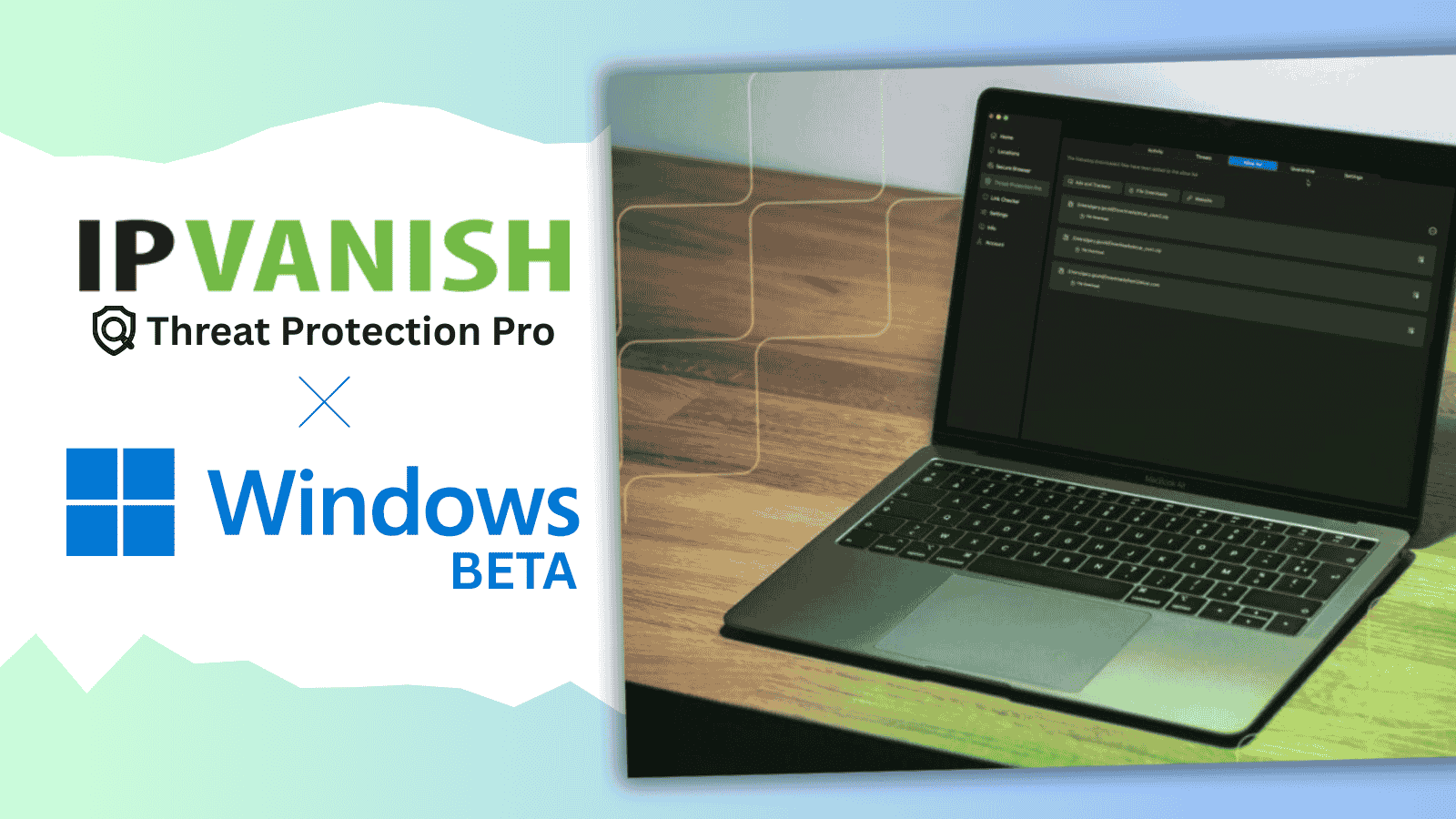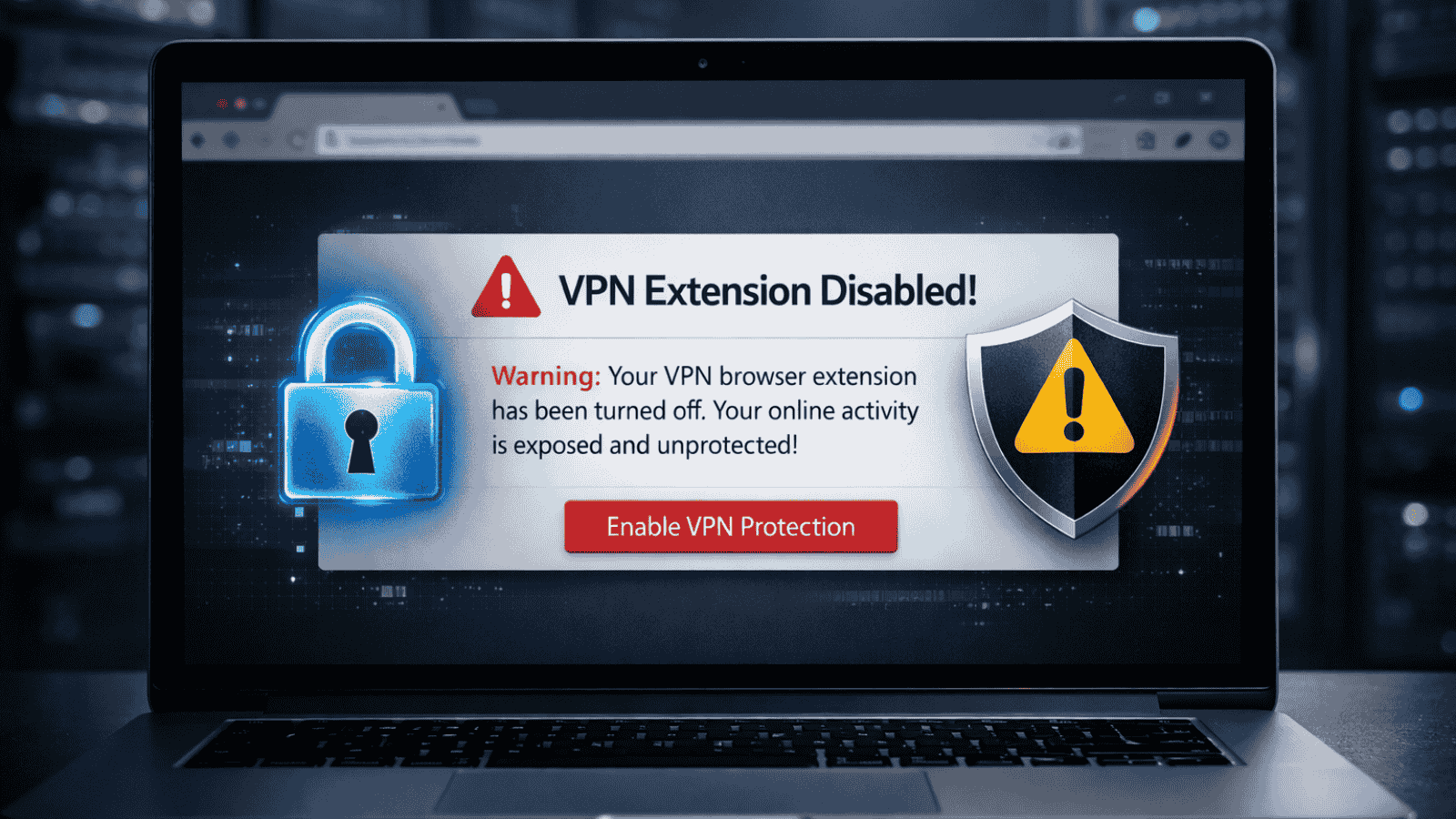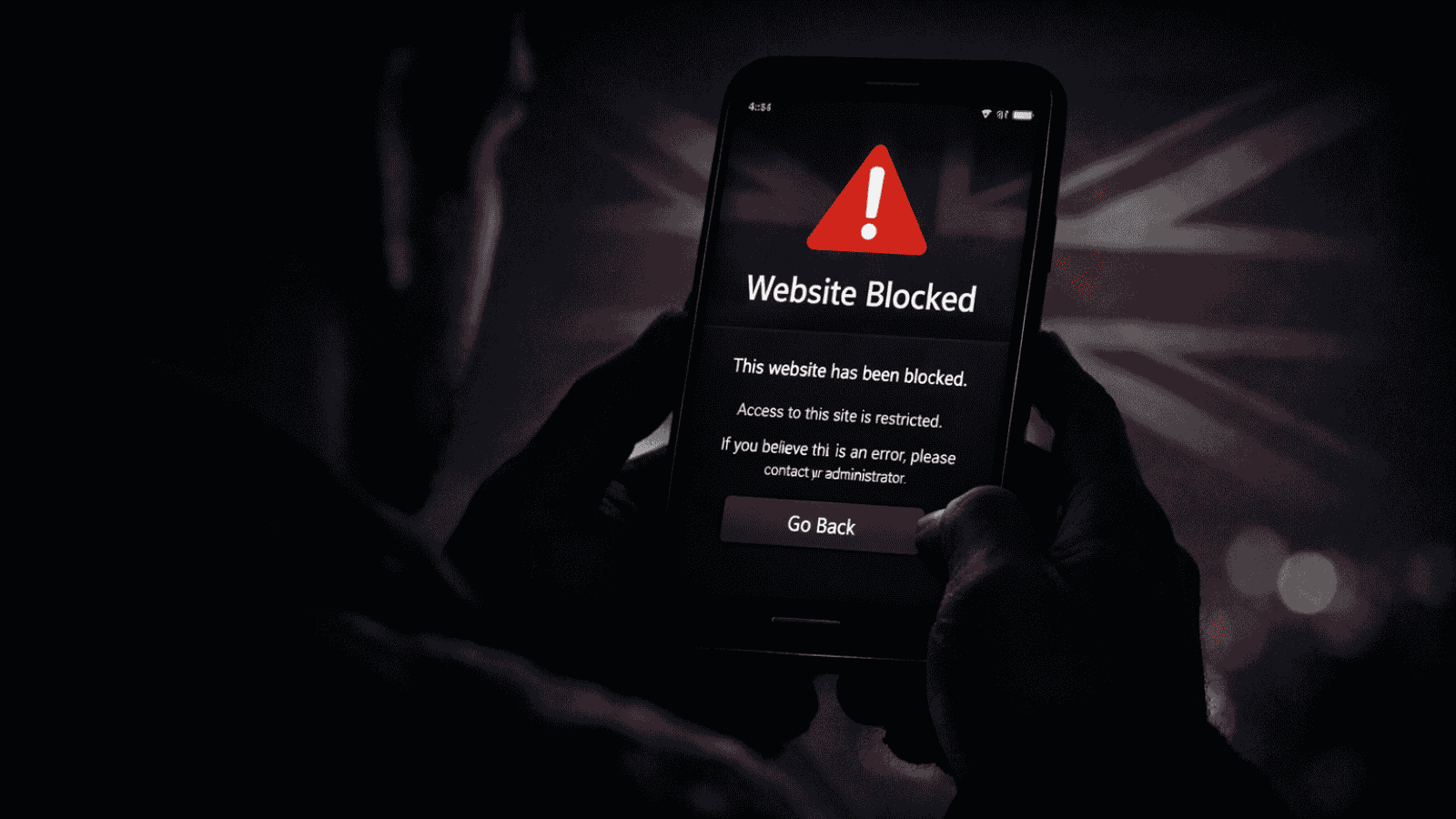
VPN Transparency in 2025: What Experts Say About Free Apps, Chrome Extensions & Trust
As VPN usage surges across gaming, streaming, and privacy-conscious browsing, the question of trust looms larger than ever. TechNadu reached out to leading VPN providers, including NordVPN, Windscribe, and IPVanish, for their insights on transparency, audits, and the growing risks posed by free VPNs and browser extensions. Their responses, combined with Citizen Lab’s findings and academic research, offer a clear framework for identifying VPNs that protect users rather than exploit them.
The Free VPN Trap: What Citizen Lab and Experts Reveal
Free VPNs dominate app stores, especially Google Play. But beneath the surface, most pose serious risks. As Windscribe’s co-founder Yegor Sak bluntly states:
Free VPNs aren’t just under-resourced, they’re structurally incentivized to exploit user data for monetization. Robert Custons, Head of Product Marketing, and Crysta Timmerman, Cybersecurity & Martech from VIPRE, point out that maintaining a secure infrastructure is costly, and without a sustainable revenue model, many free apps resort to tracking, advertising, or weak encryption to stay afloat. This creates a privacy paradox: the very tool meant to protect users becomes a threat.
The numbers are staggering:
- 88% of the top 100 free Android VPNs leaked user data
- 71% shared information with third parties
- 84% leaked traffic
- 18% failed to encrypt data at all
These statistics aren’t just alarming, they’re systemic. They reveal how deeply flawed the free VPN ecosystem is, especially on platforms with lax app review processes like Google Play. For users, this means that choosing a VPN based on popularity or price alone can lead to serious privacy compromises. NordVPN’s CTO Marijus Briedis urges users to focus on technical benchmarks:
Robert Custons and Crysta Timmerman from IPVanish further echoes this with a checklist of what separates a trustworthy provider from a risky one:
- Transparency and audits: Look for ownership disclosures, security reports, and independent no-logs audits. Reputable providers publish this data and make it easy to find in order to give users peace of mind.
- Up-to-date infrastructure: Regularly updated apps and support for strong encryption standards like WireGuard® and OpenVPN are a good sign. Outdated apps or reliance on insecure protocols such as PPTP are red flags.
- Readable privacy policies: The best VPN providers make the legal stuff understandable. That means offering clear, specific policies that outline what data is used and why, rather than vague promises or boilerplate that doesn’t apply.
- Accessible support: You want to see real support service channels, such as forums, updated support articles, live chat, or even phone support. A lone email address with no other resources should be a warning sign.
Ultimately, a reputable VPN provider is transparent, accountable, and accessible. Anything less should set off alarms.
Chrome Extensions: The Silent Risk
Browser-based VPNs, especially Chrome extensions, introduce a layer of vulnerability that many users overlook. While desktop and mobile apps often undergo rigorous testing, extensions can slip through the cracks, offering convenience at the cost of control. Windscribe’s Yegor Sak highlights the core issue:
This means that a seemingly simple browser add-on could access browsing activity, manipulate network requests, or even inject scripts, without the user realizing the extent of its reach. The problem isn’t just technical; it’s structural. VIPRE Security Group, which owns IPVanish, expands on this concern:
In other words, these tools may not offer the same encryption or tunneling protocols as full-fledged VPN apps. Instead, they function as lightweight intermediaries, often without the safeguards users expect. This lack of scrutiny opens the door to data harvesting, especially among free services whose business models rely on advertising networks.
NordVPN’s CTO Marijus Briedis reinforces the urgency of vetting these tools:
From spyware-laced extensions to misleading privacy claims, the risks are real and growing. That’s why experts unanimously recommend sticking with browser extensions from premium providers that follow strict security protocols and transparent development practices.
The safest approach? Choose extensions that:
- Avoid ads and trackers
- Publish audit results
- Offer consistent updates
- Have clear ownership and support channels
VIPRE's Robert Custons and Crysta Timmerman emphasize that a genuine VPN extension should come from an established provider with a verifiable track record, transparent release notes, and credible user reviews, not suspiciously inflated ratings or vague developer identities.
At the end of the day, Chrome extensions should be treated with the same scrutiny as any privacy tool. If it’s free, opaque, or anonymous, it’s not worth the risk.
Our Final Thoughts
From insights from Windscribe, NordVPN, and IPVanish, one thing is for sure: transparency isn’t optional, it’s foundational. Whether you're gaming, streaming, or browsing, your VPN should be backed by modern encryption, independent audits, and clear privacy policies. Free services may look appealing, but they often come at the cost of your data.
At TechNadu, we’ll continue spotlighting providers who earn your trust and not just your clicks.













